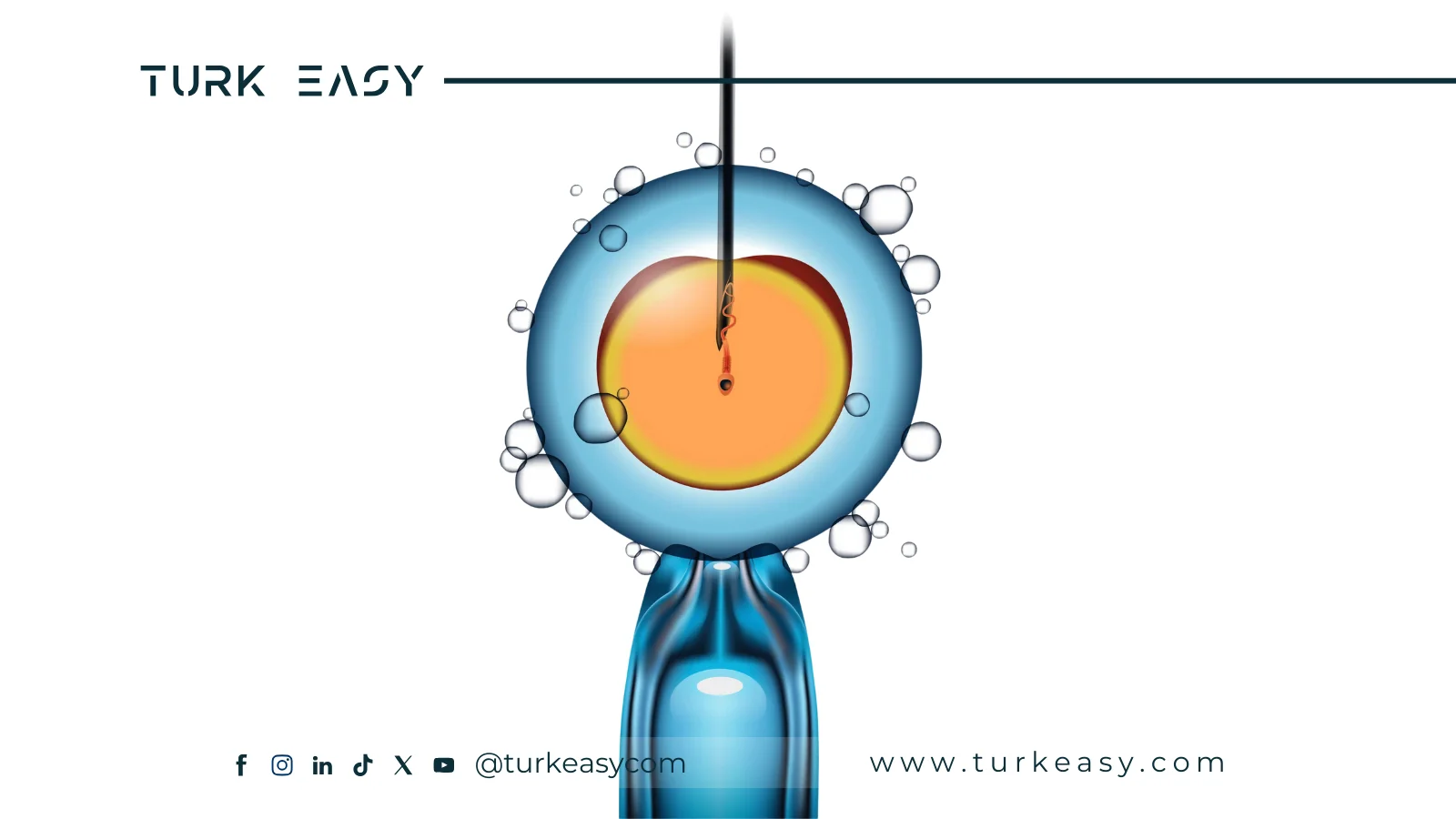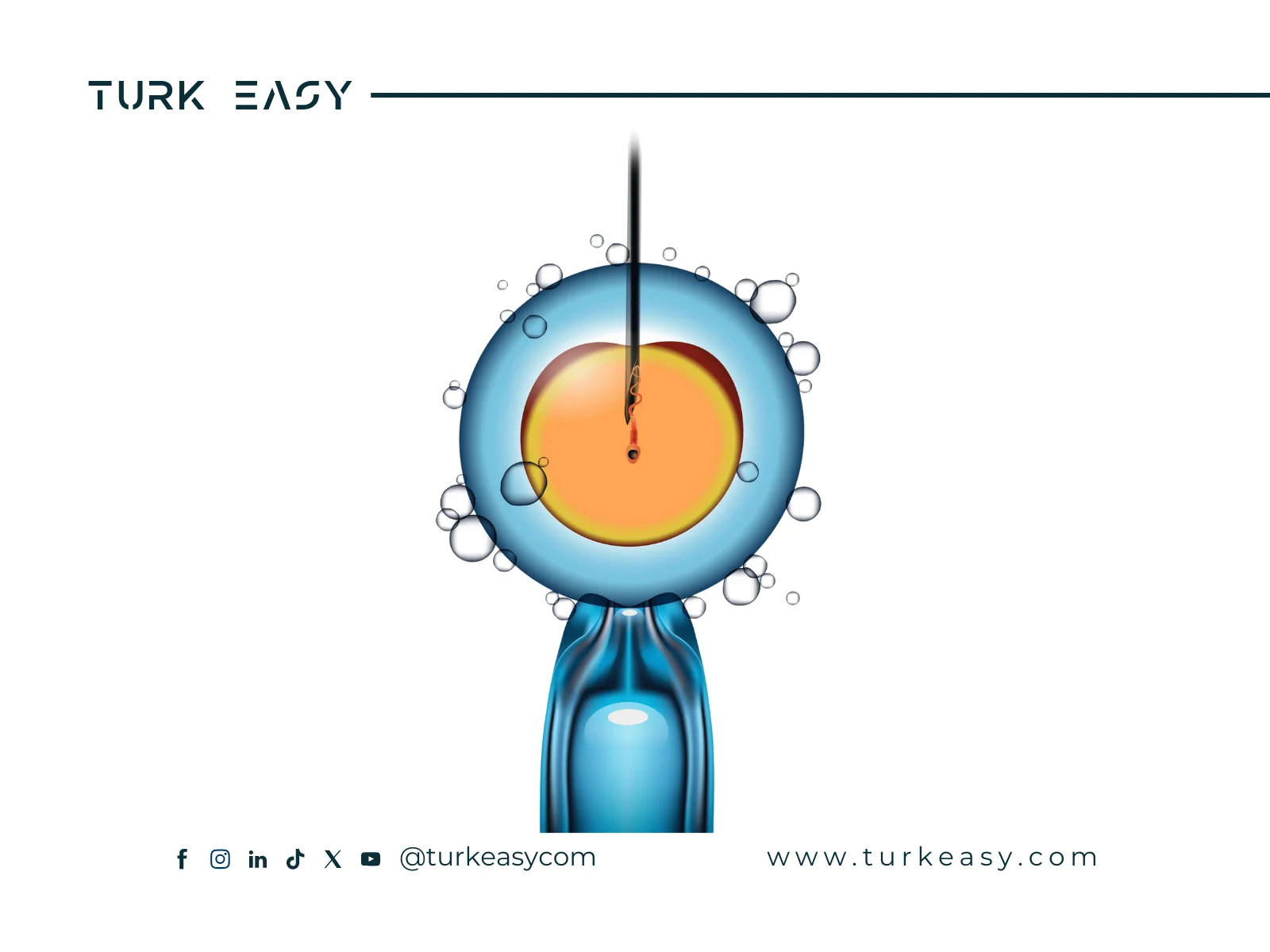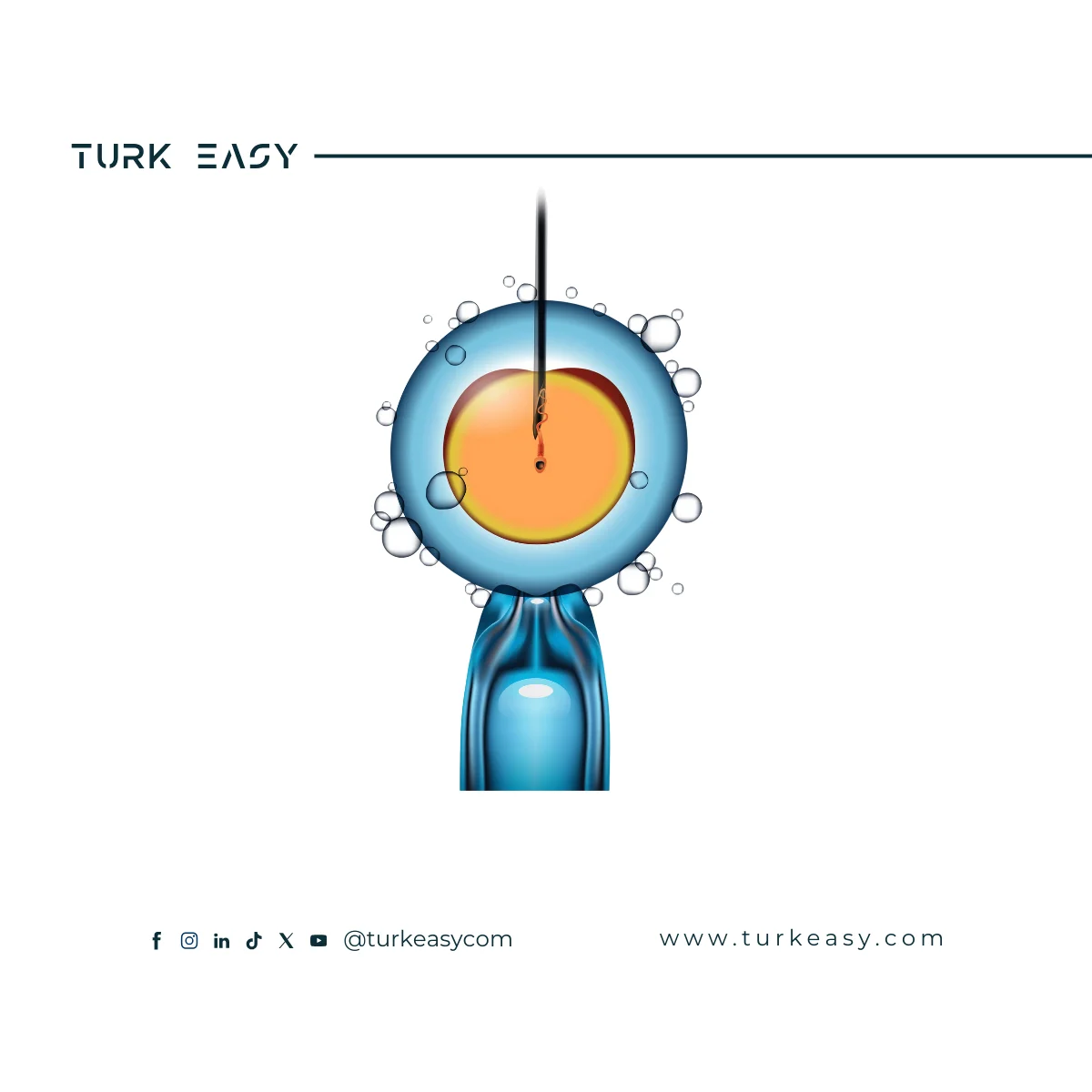Introduction to Intracytoplasmic Sperm Injection (ICSI) Technology
Intracytoplasmic sperm injection, or ICSI, may initially seem like a complex or medically obscure term, but it simply refers to "injecting sperm into the egg." The number of couples aspiring to try ICSI technology to increase their chances of conceiving a child is growing. In essence, ICSI is a type of in vitro fertilization (IVF) technology, renowned as an assisted reproductive technique that can lead to successful pregnancy. Unlike traditional IVF, however, ICSI aims to inject a single sperm directly into a single egg, making it a great option for addressing male infertility cases and cases of low sperm count.
Benefits of Intracytoplasmic Sperm Injection
- Treats male infertility: arising from low sperm count, poor sperm motility, or sperm abnormalities.
- Increases your chances of conceiving a child: if you are paralyzed or have undergone vasectomy.
- Provides an alternative treatment if traditional IVF fails.
- Increases pregnancy chances with limited or few eggs available.
- Offers a highly successful infertility treatment.
Appropriate Candidates for Intracytoplasmic Sperm Injection
- Men with low sperm count, poor sperm motility, or sperm abnormalities.
- Couples who have attempted traditional IVF but failed to fertilize eggs or only a few.
- Men with blockages preventing sperm ejaculation due to injury or illness.
- Those undergoing embryo testing to detect genetic diseases.
- Men who have undergone vasectomy.
Risks of Intracytoplasmic Sperm Injection
- Egg damage during needle penetration.
- Failure of fertilization after sperm injection.
- Failure of embryo growth and development in the lab.
- Unusual response to fertility drugs.
- Premature birth or low birth weight.
- Slight increase in the risk of birth defects.



